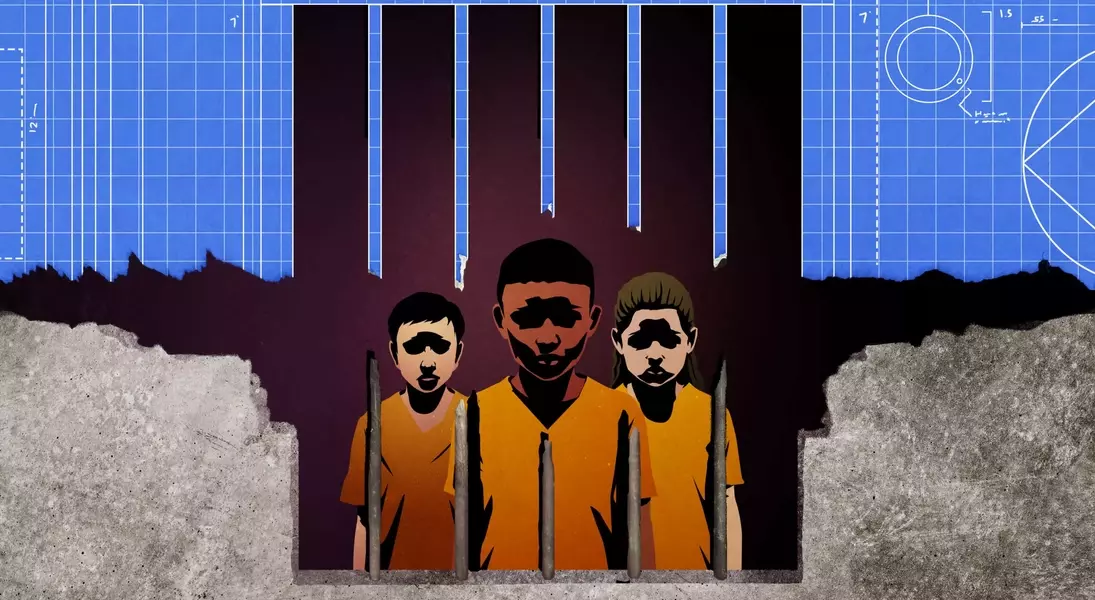Caging the Future: Illinois' Billion-Dollar Prison Expansion Plan
In a move that has sent shockwaves through the incarcerated community in Illinois, the state government has announced plans to demolish two aging correctional facilities and rebuild them at a staggering cost of nearly $1 billion. This decision has sparked a range of emotions, from gratitude for the acknowledgment of the deplorable conditions to deep-seated fears about the true motives behind this ambitious project.Uncovering the Hidden Agenda: A Troubling Glimpse into Illinois' Prison Future
Neglect and Dismissal: The Catalyst for Change
The announcement of the state's plan to demolish and rebuild the Logan and Stateville correctional facilities has been met with a mix of relief and trepidation. For years, the incarcerated individuals within these walls have endured deplorable conditions, including persistent coughs, lead-contaminated water, and infestations of vermin and birds. The state's acknowledgment of these issues is a long-overdue step, but the proposed solution raises more questions than it answers.Prioritizing Bricks and Mortar over Human Needs
The state's focus on the physical infrastructure of the prisons, rather than the well-being of the incarcerated individuals, is a cause for concern. The memo outlining the rebuilding plans emphasizes "population projections, staffing levels, and the infrastructure of the facilities," suggesting that the state's priorities lie in anticipating and accommodating a growing prison population, rather than addressing the fundamental needs of the people behind bars.Forecasting the "Criminal" Futures of the Young
The state's actions are not merely about the demolition of an outdated prison system; they are about shaping the future of a generation of young people, particularly those from Black, Brown, and impoverished communities. The state's focus on "future generations that will be coming to prison" is a chilling reminder of the systemic biases and inequities that have long plagued the criminal justice system.Investing in Cages, Neglecting Education
The irony of the state's plan is that it prioritizes the construction of state-of-the-art prisons over the investment in high-quality education and community resources for the very communities that are disproportionately affected by mass incarceration. The stark contrast between the millions earmarked for prisons and the lack of funding for schools and community centers in these same neighborhoods is a testament to the state's skewed priorities.Perpetuating the Cycle of Incarceration
The incarcerated individuals who have experienced the harsh realities of the current prison system understand all too well the implications of the state's plan. They fear that their own nephews and nieces, the next generation, will be targeted and funneled into these new "state-of-the-art" facilities, continuing the cycle of incarceration that has plagued their families for generations.Pleading for a Different Future
The author's personal experience of missing out on decades of freedom and family moments serves as a poignant reminder of the devastating impact of mass incarceration. Their plea is not for themselves, but for the young people who deserve a future filled with opportunity and support, not the confines of a prison cell. The author's heartfelt appeal is for the state to invest in the lives and futures of the next generation, rather than building more cages to contain them.You May Like


